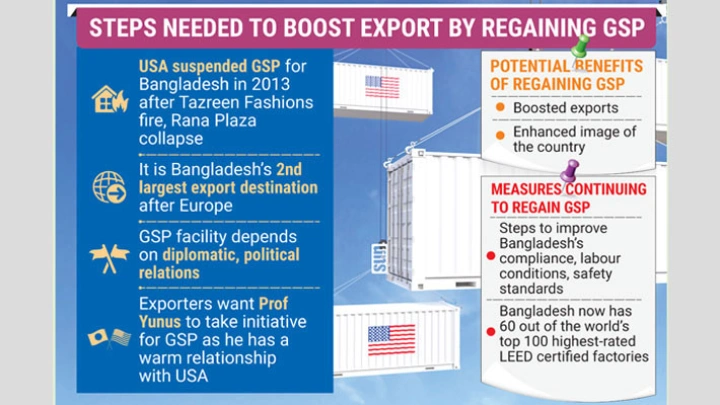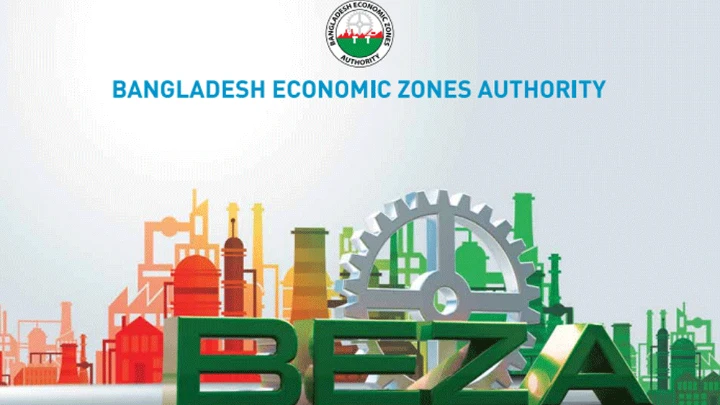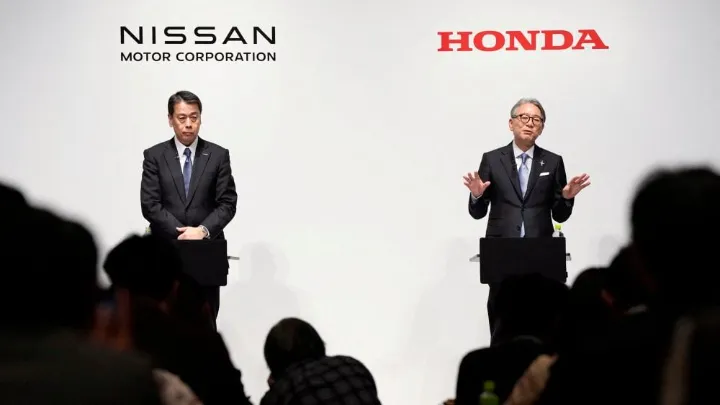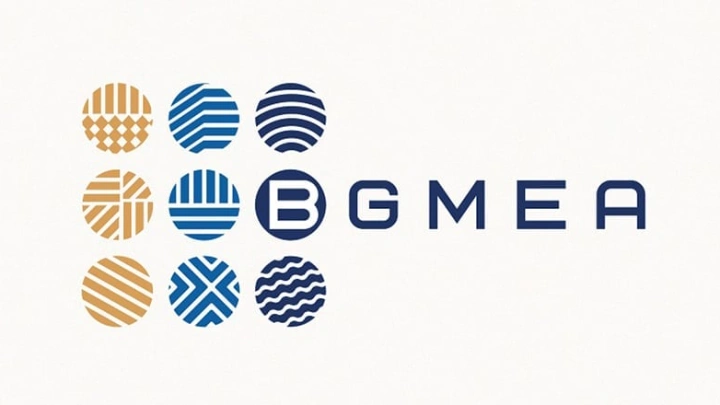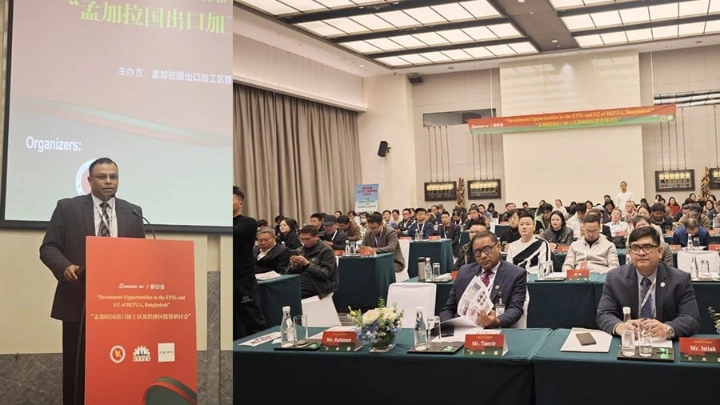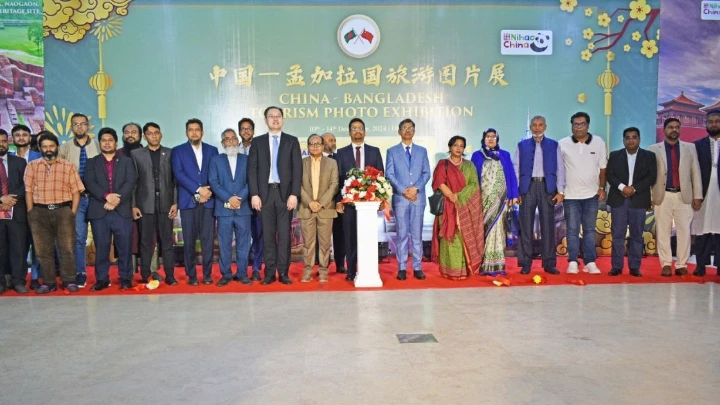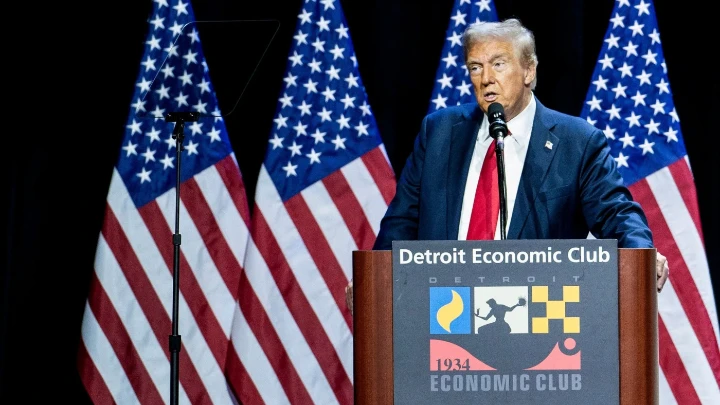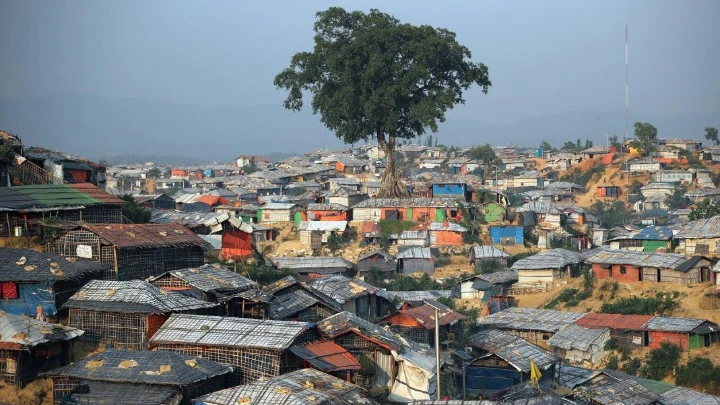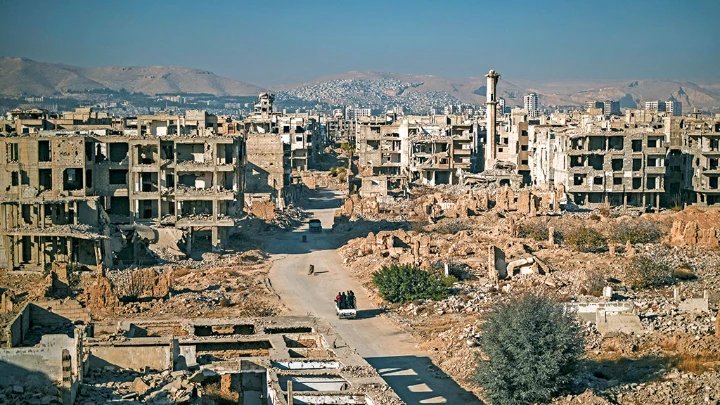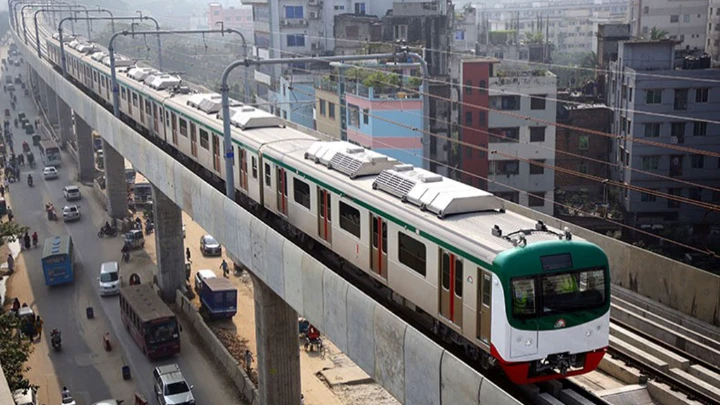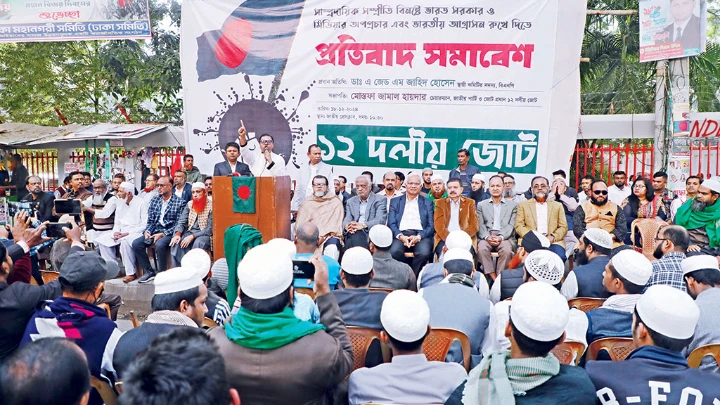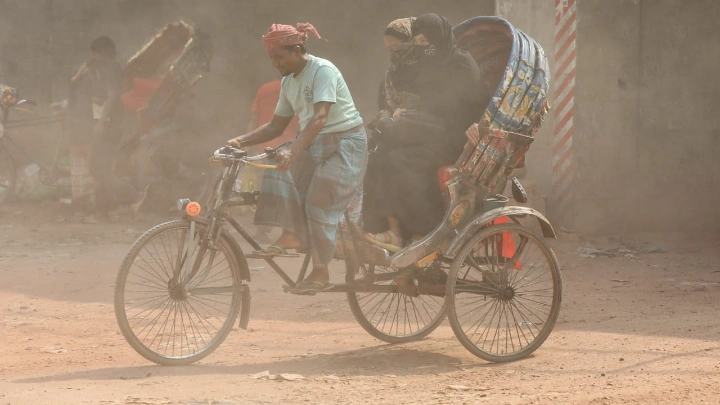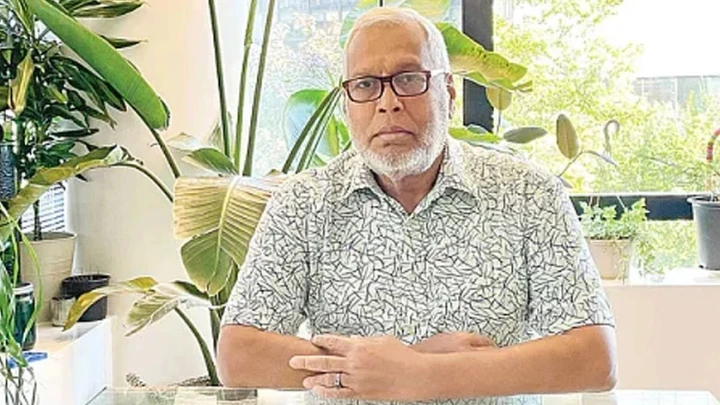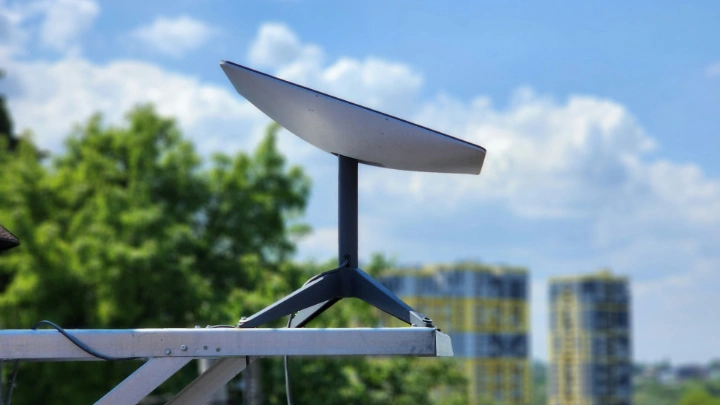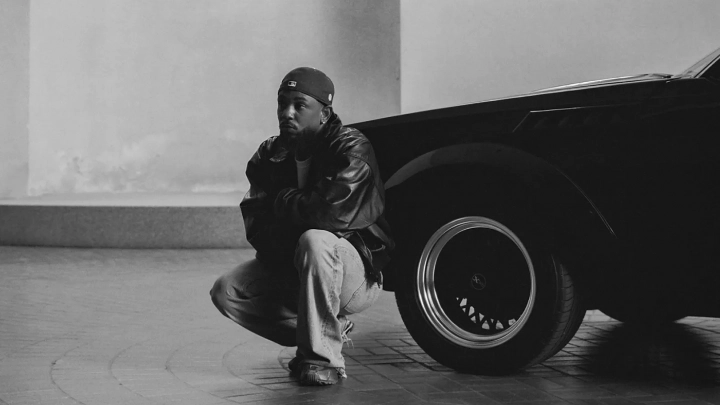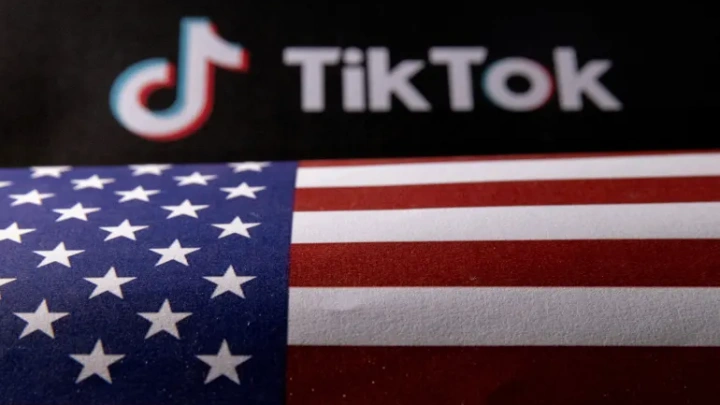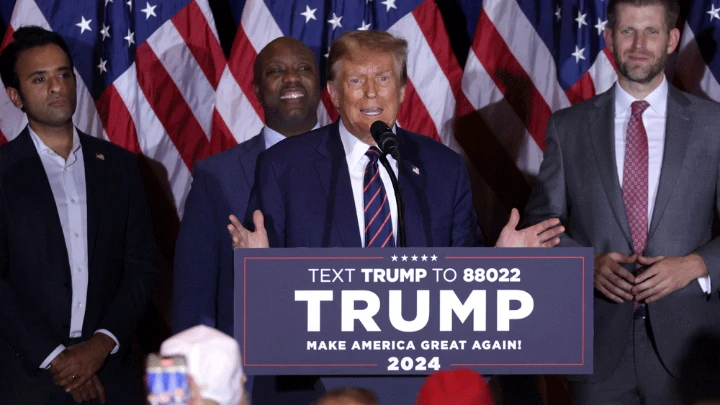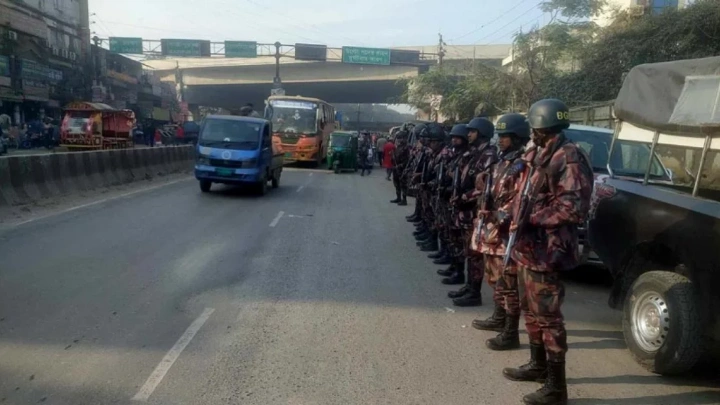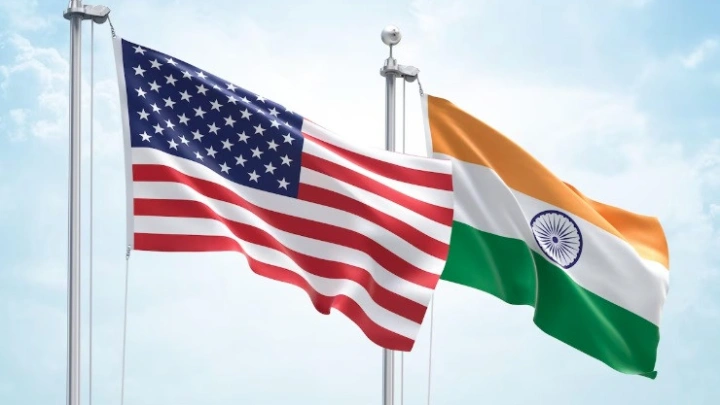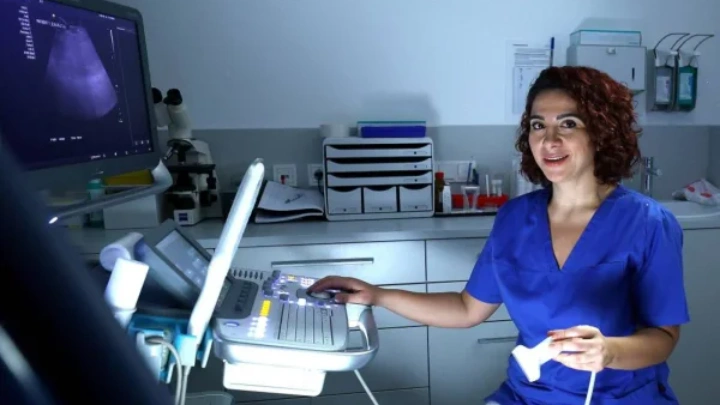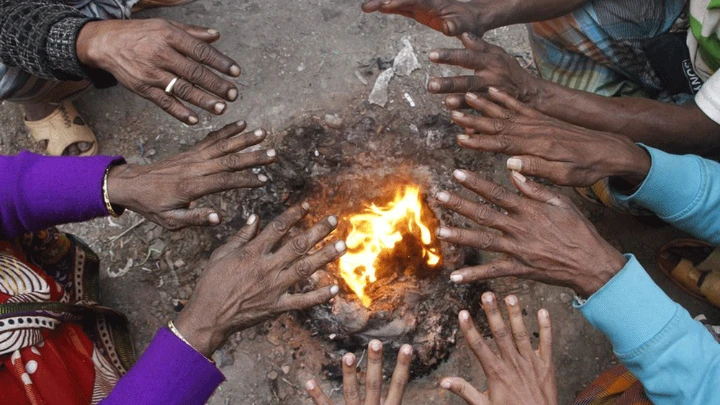Exporters expect Chief Adviser Prof Muhammad Yunus’ active role in regaining US GSP
DailySun || Shining BD
Bangladesh has made significant progress in addressing the issues outlined in the US Generalized System of Preferences (GSP) plan of action over the decade passed since the facility was cancelled in 2013, and yet the benefit has not been restored due to lack of government initiatives, said exporters.
Now, the local exporters want to get back the free market privilege of their products in the USA market by drawing on the image of the interim government’s Chief Adviser Prof Muhammad Yunus as he has a great relationship with the USA, which is the second largest export destination of Bangladesh, following Europe.
They said regaining the GSP facility will be a huge relief for the country’s exporters during this difficult period.
Regaining the GSP facility will not benefit the garments sector as it is excluded from that scheme. However, other sectors will gain duty-free access to the USA market due to its reinstatement, enabling the country to expand its export basket and significantly boost its total exports, said industry insiders.
After two industrial disasters – Tazreen Fashions fire and Rana Plaza building collapse – the USA suspended GSP for Bangladesh on 27 June 2013, citing serious shortcomings in labour rights and workplace safety in the country.
The GSP is a trade scheme under which the USA allows import of more than 5,000 goods from 122 least developed and developing countries with lower or zero-duty benefit. On 31 December 2020, the GSP expired and is currently pending Congressional action to pass legislation for the programme's renewal.
Withdrawal of GSP suspension to enhance Bangladesh's image
Bangladesh Garment Manufacturers and Exporters Association (BGMEA) President Khandoker Rafiqul Islam told the Daily Sun that the main obstacles for Bangladesh in obtaining the GSP facility in the US market stems from the suspension of it in 2013.
“Although Bangladesh has made significant progress in addressing the issues outlined in the US GSP Plan of Action, we are yet to get the facility back, which we believe the USA will duly consider,” he also said.
He also said, reinstating GSP does not mean commercial benefits for our economy since the garment items are entirely excluded from the scheme, which makes up around 95% of our export to the US. However, regaining GSP status is important for other growing sectors and enhancing Bangladesh’s global image.
“If Bangladesh regains GSP, the garment sector will not benefit as it is excluded from the US GSP programme. Nevertheless, other sectors like fish, toys, and ceramic products will gain duty-free access, which would significantly boost these industries, though their collective share in our total export to the USA is less than 5%,” he said.
Explaining the graduation from the Least Development Country (LDC) status, the BGMEA president said after Bangladesh graduates, it can still be eligible for GSP as a “beneficiary developing country”. It is important to note that the US GSP programme expired in December 2020 and has yet to be renewed. Thus, for Bangladesh to benefit, the US would need to both renew its GSP programme and reinstate Bangladesh under the appropriate category.
Talking to the Daily Sun, Additional Managing Director of Denim Expert Limited Md Mohiuddin Rubel said withdrawal of the suspension of GSP is the key challenge now.
“The condition of compliance given by the USA is a continuous process. However, I think it depends on the geopolitical decision of the USA. We are improving the condition at our sites. So the USA can give us the GSP now,” said Mohiuddin, also a BGMEA director.
He added that, “All export sectors including ceramic, glass, and toys will benefit due to a boosted image if the suspension of GSP is lifted. Our position will be better than previous years.
“The garment sector will not get GSP facilities directly but will benefit from opportunities created due to an uplifted image. Orders will grow vastly, thanks to it. Developing countries are also US GSP beneficiaries, so Bangladesh will benefit even after LDC graduation.”
Stylish Garments Ltd Chairman Salauddin Chowdhury said the US introduced the GSP in 1976 under the US Trade Act of 1974.
“Bangladesh made progress over the years to address fire and building safety issues in the garment sector, but the US authority has been saying further progress is needed. Bangladesh has been trying to regain the GSP facilities since then but failed to get back the facilities. Though Bangladesh now has some of the safest factories in the world, the US authority is still complaining about labour rights abuses in Bangladesh,” he also said.
“Now, we hope to have better political and diplomatic relations between the two countries. The head of our interim government Dr Yunus has a great relationship with the USA and we hope to have the facilities back soon.”
“Also, our exporters have to be careful about workers’ safety and facilities, and have to show the progress we made over the years regarding this. Regaining the GSP facility would be a huge relief for our garment industry during the difficult period,” he also said.
The Director of Reaz Garments Ltd Md Salauddin said there are many issues including labour rights, electricity, and climate, with assurances that labour concerns will be addressed promptly.
“Bangladesh’s Garment Production System (GPS) remains strong in the US market, with a focus on quality, compliance, and sustainability, positioning it as a key apparel supplier,” he added.
He recommended that any dialogue on GSP must acknowledge this status; otherwise, the discussions may not lead to meaningful outcomes. Addressing these internal issues with transparency and commitment to justice will be the key in restoring Bangladesh’s image and securing GSP benefits.
Addressing this misalignment of LDC and actively working toward meeting the US requirements, including improving labour rights and governance, will be crucial for Bangladesh’s trade negotiations moving forward. The criteria include respect for labour rights, intellectual property rights, and adherence to the rule of law, among others, he added.
Bangladesh can regain GSP
After a recent meeting with Helen LaFave, chargé d’affaires of the US Embassy in Dhaka, Finance and Commerce Adviser Dr Salehuddin Ahmed said the GSP benefits will be restored if the conditions set by the US are met. The US had some observations on labour rights, which have been discussed.
The finance adviser has assured LaFave that this matter will be resolved quickly.
According to data from the Export Promotion Bureau compiled by BGMEA, Bangladesh exported garment items worth $8.27 billion to the US market in 2023, $9.05 billion in 2022 and $7.28 billion in 2021.
There are 226 factories in Bangladesh with the Leadership in Energy and Environmental Design (LEED) certification by the United States Green Building Council (USGBC). As a result, the country now boasts 60 out of the world’s top 100 highest-rated LEED Certified factories.
Shining BD

